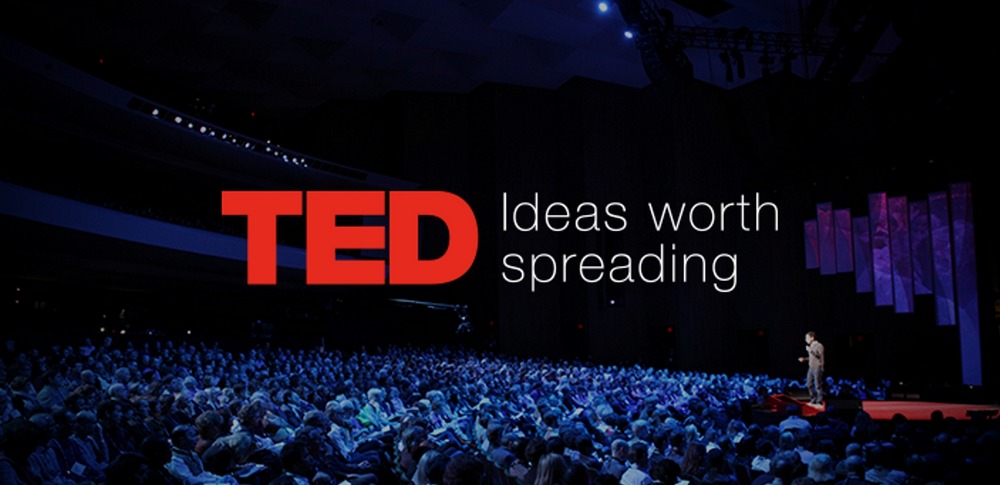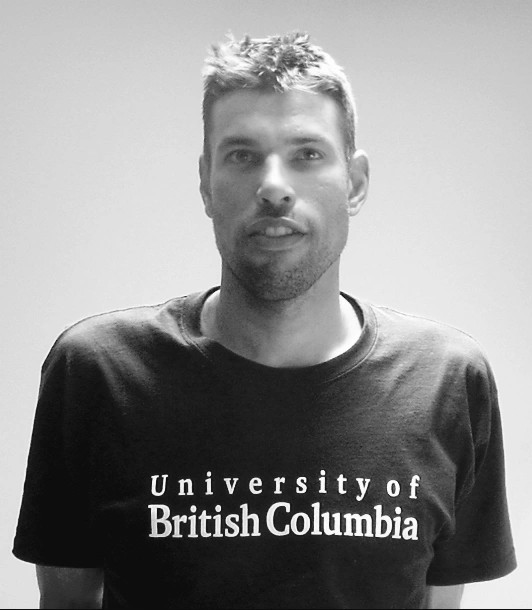Notes on Victoria Obiageli's TedX Presentation: 'How to Learn a Language Fast And Effortlessly'
Brookfield and TED Talk Review

How to Learn a Language Fast And Effortlessly
Why I selected this video
I selected this video for this post because I’m a life long learner who is always looking for ways to improve learning. To be honest, the pace of the video was a bit slow for me. It was faster to extract the transcript and ask AI to structure it.
I did this while listening to the video, and skipping through to the main points.
I’ve put the transcript summary below. You can browse that and quickly get the gist of her presentation.
My view on learning languages.
After understanding Victoria’s perspective, as best I can, I’d ask if her strategy is applicable to everyone. Of course her presentation is wonderful and the general premise is to get to the point of achieving practical and realistic language usage ‘on the ground’; however, in my case, there are characteristics of language usage that help me understand the language I’m using.
While learning to communicate in a language is, as she suggests, something at least some of our brains are wired to do through listening and repeating sounds, and that works for me also. I’ve found I cannot learn a language without pen and paper.
I need to ‘get’ the way words are used in sentence structures, the way they relate to each other. For example, Lithuanian uses declensions, as does German, while my recollections of French, which I speak very sparingly (more I’ve had half a glass of beer), and Spanish, which I studied also in college, do not. ‘Getting the way the language plays on paper is critical for me. There are various software packages I use today to learn things more quickly, and methodologies I apply.
In terms of language use, Victoria’s advice is certainly helpful, if I were to apply it to my own teaching, I’d still include some pen/paper-based understanding of grammatical concepts to ensure I learned the language, or taught it effectively.
AI SUMMARY OF TRANSCIPT
1. Introduction to Common Language Learning Struggles
- Many people find language learning tedious, exhausting, or ineffective.
- The author shares personal frustrations with traditional methods (textbooks, memorization).
2. Failures of Traditional Study Approaches
French and German attempts:
- Years of lessons with no conversational progress.
- Reliance on memorization led to stagnation.
Key drawbacks:
- Unnatural learning feels disconnected from real-world use.
- Errors from outdated/studied material persist.
3. Embracing Natural Language Acquisition
Success with Korean and Chinese:
- Learned alone through passion (Korean music, Chinese immersion).
- Achieved fluency without teachers or textbooks.
Difference in method:
- Focused on comprehensible input (language slightly above current level) and gradual absorption.
4. Practical Steps for Effective Language Acquisition
Start with basics via platforms like YouTube:
- Learn greetings, sentence structure, and basic vocabulary.
- Mimic pronunciation by speaking aloud.
Transition to immersion:
- Prioritize listening to native speakers (media, social platforms).
- Avoid overstudying; let the brain absorb naturally.
Use interest-based content to stay motivated:
- Watch shows, listen to music, scroll social media in the target language.
- Connect language learning to hobbies and emotions.
5. Authentic Engagement Over Formal Practice
Speaking and thinking in the language:
- Practice with native speakers online or in person.
- Gradually shift internal monologue to the target language.
Context over translation:
- Learn word meanings through repeated contextual exposure.
- Avoid relying on dictionaries for nuances unique to the language.
6. Integrating Reading and Writing Without Overstudying*
Focus on natural recognition
- Use subtitles to link pronunciation and spelling.
- Let written forms sink in through regular exposure (e.g., social media).
Prioritize comprehension over drills:
- Skip intensive memorization of characters/alphabets if already familiar.
7. Overcoming Plateaus and Staying Persistent
- Language acquisition is unconscious and gradual.
- Improvement continues even during perceived “lulls” if consistent exposure is maintained.
8. Benefits of Language Acquisition
- Enables travel, deeper connections with native speakers, and cultural exploration.
- Feels effortless and rewarding compared to traditional studying.
9. Call to Action: Learn Any Language on Your Own
- Requirements: Motivation and internet access.
- Start today by watching videos or engaging with content in the target language.
Summary:
The author contrasts ineffective traditional studying (textbooks, memorization) with natural acquisition, urging learners to prioritize immersion in authentic media, contextual learning, and usage over formal practice. By aligning language learning with personal interests and consistent engagement, fluency can be achieved effortlessly and independently.
